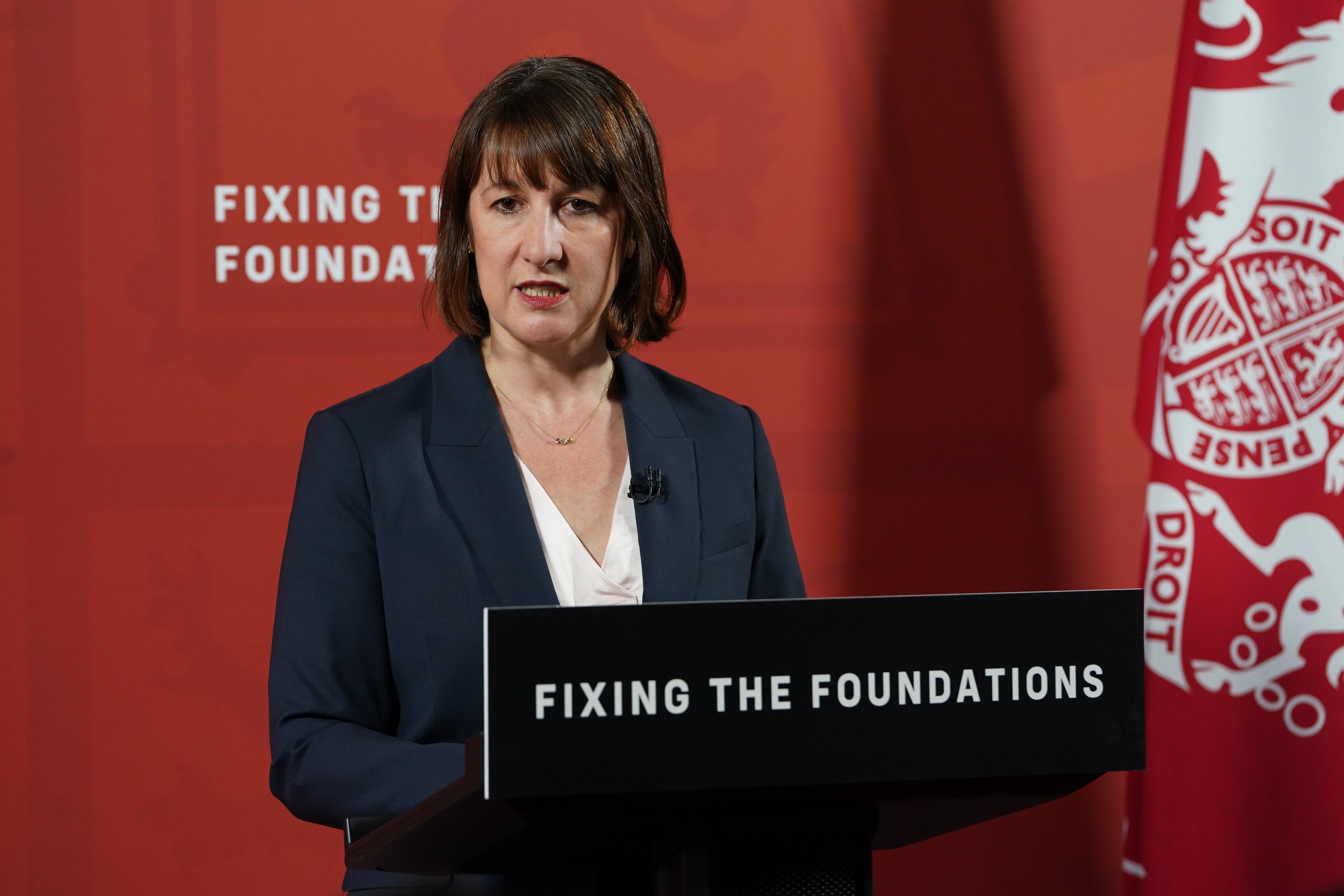Are the Tories right to accuse Labour of cronyism?
An impartial civil service is hugely important, as Sean O’Grady explains


Chancellor Rachel Reeves has been reported to the independent adviser on ministerial conduct by the Conservatives.
Laura Trott, a Tory frontbencher and former Treasury minister best known for not understanding the national debt, claims Reeves’ appointment of Ian Corfield to be director of investment at the Treasury is cronyism. Corfield has given £20,000 to Labour over the past five years, and £5,000 to Reeves. Trott says this represents a “clear conflict” between the donation and Reeves using an established exception procedure to civil service recruitment rules to give Corfield the post. His role has now been made unpaid. It is the most high-profile of a series of “cronyism” allegations levelled at ministers in recent weeks.
Is there any merit in the Tory complaint about Corfield?
Some, as perhaps evidenced by the way his role has been redefined since his initial appointment to become an unpaid adviser rather than a salaried civil servant, though still seemingly in charge of arranging the new government’s first international investment summit in October.
The problem is that, when the Civil Service Commission (CSC) watchdog was asked to facilitate and approve the hurried appointment of Corfield without the usual competitive recruitment procedure, the Commissioners were not told about his party donations, which is a breach of the spirit if not the letter of the civil service code.
CSC interim chief executive Kate Owen has said decisions to approve an appointment by exception involve consideration of a departmental business case explaining why the role cannot be done by existing staff or filled through open competition, adding: “The department – as the employer – is responsible for carrying out background checks on individuals who may be appointed by exception. The department is also responsible for addressing any potential propriety matters."
Will there be an investigation?
Unlikely, especially given that Corfield’s job is now unpaid, though still a position of power and influence that could have been performed by another better-qualified individual, as determined through an expedited recruitment process.
The independent adviser on ministerial conduct, Sir Laurie Magnus, has no independent power to launch such an inquiry (as became notoriously clear during Boris Johnson’s premiership) and Sir Keir Starmer isn’t likely to ask him to do so. Dismissing the allegations, Sir Keir has said: “I’m enormously aware of how big a task this is and how we have to move at pace, and that’s why we’re getting the best people into the best jobs. I’m not really going to take lectures on this from the people who dragged our country so far down in the last few years.”
Are there other concerns?
Bundled into the vague category of “cronyism” are quite a number of very varied appointments and decisions made by Labour ministers since the general election. These include: a No 10 pass given to donor Lord Alli, now cancelled; Angela Rayner, making one of her Labour policy advisers, Haydon Etherington, a civil servant; Sir Keir’s chief of staff, Sue Gray, hiring former Labour aide Mitchell Burns-Jackson as a Whitehall executive assistant in her private office; and former Labour Together staffers Emily Middleton and Jess Sargeant, given civil servant roles in the Department for Science, Innovation and Technology and the Cabinet Office’s ethics and constitution group respectively. (Labour Together is a fundraising organ of the Labour Party and the trade unions).
No doubt there will be more.
What should happen next?
It needs regularising, with every appointment approved by the CSC, and for the rules regarding party affiliation and donations to be made completely public and transparent – sunlight being the best disinfectant. The independent adviser on ministerial conduct should also have the power to launch their own inquiries without prime ministerial permission.
The simplest thing would be to make all “political” appointments under the established special adviser route, keeping them outside formal policymaking and personnel management, with rare exceptions: the recent innovation of “policy adviser” is an unhappy hybrid creature.
Does any of this matter?
Hugely, in terms of the ability of the independent, impartial civil service to give objective advice, prevent abuse of power and illegal executive action, and generally act in the public and national interest, rather than that of the governing party (not necessarily the same thing). Britain’s constitution is based on precedent, so the more a party abuses the conventions, the more other parties will feel emboldened to do the same.
Indeed, some on the right believe that the concept of an independent civil service is overrated and favour adopting the American system whereby all the top tiers of government administration are replaced with new partisan appointments after a change in political control. Such politicisation in a system such as Britain’s, with few safeguards against executive overreach, would actually be a threat to democracy (and even more so if the independence of the courts was to be eroded).
Politically, the issues are so abstruse, the detail so varied and complicated and the personalities involved so obscure that the current “scandal”, such as it is, will pass most of the public by and be of minimal electoral significance.






Join our commenting forum
Join thought-provoking conversations, follow other Independent readers and see their replies
Comments